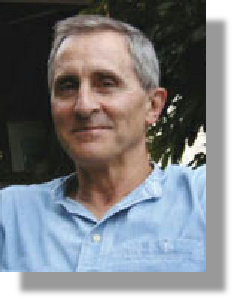


As Lords Expected (Rockingham Press)
(Publ in Ambit 147: 1997)
This is a first full collection but it's the work of a polymath whose interests
are tempered by open-
The chronology is laced with poems that imply ironic perspectives, or affirm 'the nature of things' from other kinds of dereliction, like a boy drowned by his mother, the miseries of an expiring cat, victims of political injustice, not to forget moments of comedy: 'Traumerei' about equally perplexing dreams of missing and catching buses; ' Of Infinite Regret', a touching jibe at himself for refusing an offer of breast milk.
For some the confessional, documentary writing about childhood and parents may feel too prosaically extensive in exposition, just the sum total of the events or objects depicted. Bluntly covering the facts can verge on mannerism in recollections like:
We had him home a few times, for the day.
Getting him to the lav, taking his trousers down,
helping to wipe him off, wasn't child's play..
So, too, with descriptions of domestic work and landscapes. Suggestion gives way
to comprehensive analysis which silts up with turgid diction. There are also dubious
attempts to cross-
Blackman's best work is at once specific and quirky, tough and tender. Sample his
account of shooting a White-
in the process
of giving a speech of welcome:
her parted lips and tipped-
are forming the consonant 'El';
as in 'Elysium'-
Roy Blackman